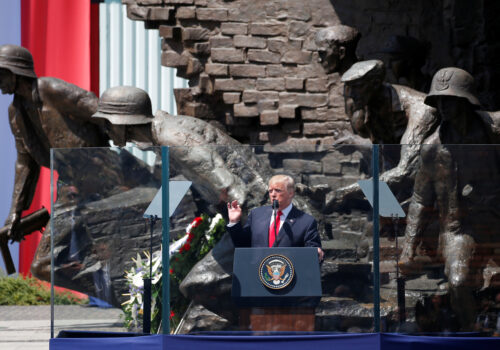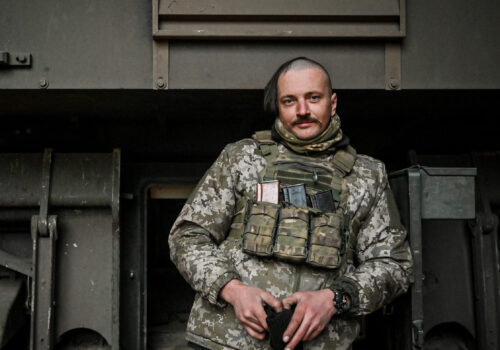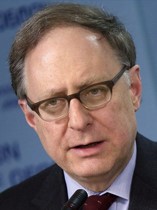As the seventh anniversary of Russia’s illegal annexation of Crimea and invasion of eastern Ukraine approaches, there has been limited progress towards a lasting peaceful solution to the conflict. In the early days of his presidency, Ukrainian president Volodymyr Zelenskyy put a premium on bringing peace to eastern Ukraine. Now, US President Joe Biden, at the onset of his own presidency, has reiterated both his support for Ukraine and his willingness to confront Russian President Vladimir Putin. On January 26 in his first phone call with Putin, President Biden reaffirmed the United States’ firm support for Ukraine’s sovereignty. On February 1, Secretary of State Antony Blinken expressed strong US support for Ukraine battling Kremlin aggression. Do these statements suggest greater American support for Ukraine and a more active role in negotiations? How can Ukraine and its partners work together to secure a lasting solution to the conflict in the Donbas and finally get Putin out of Ukraine?
David Kramer, senior fellow at Florida International University’s Vaclav Havel Program for Human Rights and Diplomacy, Dr. Hanna Shelest, director of the Security Studies Program at The Foreign Policy Council “Ukrainian Prism,” Ambassador Alexander Vershbow, distinguished fellow at the Atlantic Council’s Scowcroft Center for Strategy and Security, and Andriy Zahorodniuk, Ukraine’s former minister of defense, join to discuss these important issues. Ambassador John Herbst, director of the Atlantic Council’s Eurasia Center, moderates.
issue spotlight

Europe in crisis
War in Ukraine
Experts from across the Atlantic Council are assessing the consequences of Russia’s February 2022 invasion, including what it means for Ukraine’s sovereignty, Europe’s security, and the United States’ leadership.
RELATED experts

The Eurasia Center’s mission is to promote policies that strengthen stability, democratic values, and prosperity in Eurasia, from Eastern Europe in the West to the Caucasus, Russia, and Central Asia in the East.




